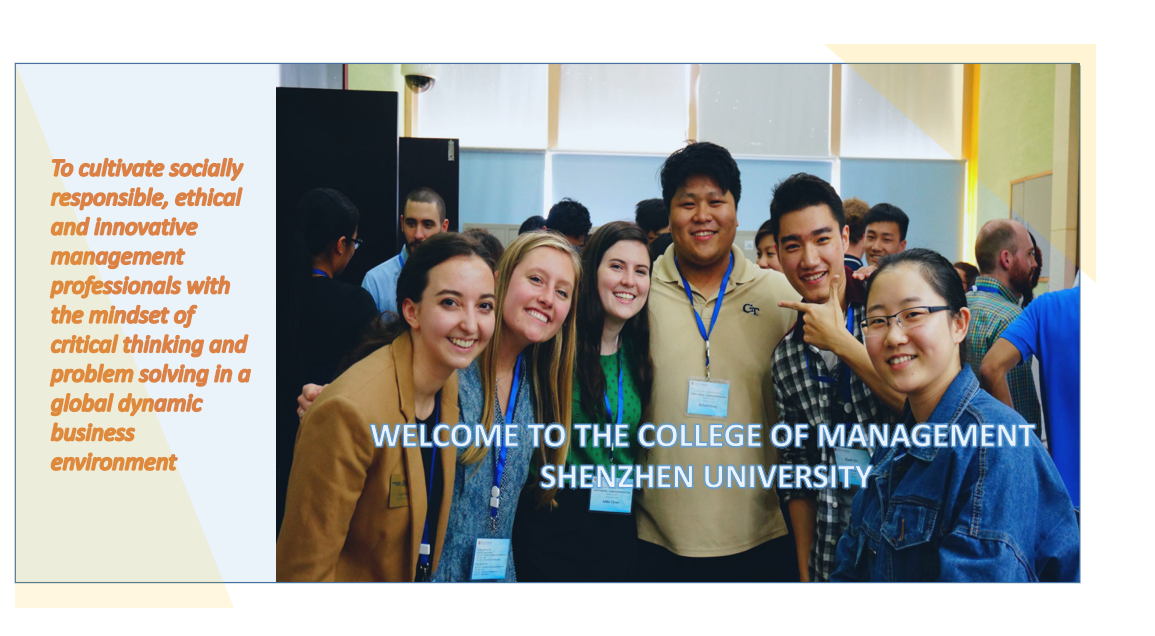Theme: Reconfigurable Production Serus: Creating Resilient and Responsive Supply Systems
Lecturer: Professor Yong Yin
Time:15:00-17:00, March 25, 2024 (Monday)
Venue: A201, Mingli Building, Lihu Campus, Shenzhen University
Lecturer profile:
Professor Yong Yin holds a position at the Graduate School of Business, Doshisha University, Japan. A pioneer in his field, he was the first to delve into the study of seru production systems back in 2004. Four years later, in 2008, Professor Yin, alongside his coauthors, unveiled the very first paper introducing the concept of seru production systems to the academic world. His research was recognized in 2017 when his paper on seru production systems was honored with the Best Paper Award in the Journal of Operations Management. Today, seru production systems have not only established themselves as a significant research area but also stand as a viable alternative to the Toyota Production Systems, commonly known as lean production.
Abstract:
In times of unforeseen challenges and crises, the need for resilient and responsive supply systems becomes paramount. Establishing such systems is intricately intertwined with the adoption of advanced production modes like reconfigurable production serus. Moving beyond the traditional Toyota Production System (TPS), reconfigurable production serus emerges as a new-age solution that allows companies to dynamically adjust to ever-changing market demands. Such systems don't materialize overnight, and their implementation requires meticulous planning and foresight. The process is comparable to building muscle memory. Athletes undergo rigorous training in regular conditions to excel in high-pressure situations; similarly, companies should integrate resilience and responsiveness into their supply chains during routine operations. This proactive strategy ensures that when unforeseen challenges arise, the shift to a contingency mode is instinctive and smooth. The essence of these systems is in their design, which should not only act as a fallback during crises but also provide significant benefits during normal operations. In the following section, we delve into a detailed framework that assists companies in nurturing and maintaining resilient and responsive supply systems, guaranteeing they remain sturdy, flexible, and value-centric, regardless of the external environment.





